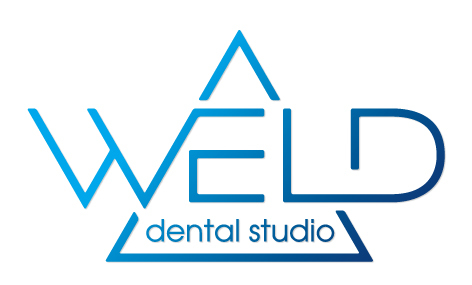Safe Harbor Agreement Gdpr
2022年2月10日
As the world becomes increasingly interconnected, privacy concerns have become a hot-button issue. In the European Union, the General Data Protection Regulation (GDPR) has been introduced to strengthen privacy regulations and protect individuals` personal data. One element of the GDPR is the Safe Harbor agreement, which allows companies to transfer personal data between the EU and the US while ensuring that data protection standards are upheld.
The Safe Harbor agreement was initially implemented in 2000 and was a set of principles that US companies could adhere to when handling personal data of EU citizens. The principles required companies to provide notice to individuals about the collection of their data, obtain their consent, and protect their data from loss, misuse, and unauthorized access. Companies that signed up for Safe Harbor had to commit to regular self-audits to ensure that they were complying with the principles.
However, in 2015, the European Court of Justice invalidated the Safe Harbor agreement, citing concerns about US government surveillance practices. This ruling left many US companies that relied on the agreement in a state of limbo, unsure of how to proceed with their data transfers.
In response, the EU and the US negotiated a new framework called the Privacy Shield. The Privacy Shield has many similarities to Safe Harbor, but it includes additional protections for individuals` rights and places stricter obligations on US companies to protect personal data. Companies that sign up for the Privacy Shield must provide written confirmation that they have implemented the necessary protections and are subject to enforcement and penalties if they fail to comply.
Despite these changes, the Privacy Shield has also faced criticism, and in 2020, the EU`s top court invalidated it, calling into question the future of transatlantic data transfers. However, the court did not invalidate the use of Standard Contractual Clauses (SCCs), another mechanism that companies can use to ensure that their data transfers comply with GDPR.
SCCs are a set of contractual clauses that companies can sign with their data partners, ensuring that the same level of data protection is maintained. However, companies must also evaluate the effectiveness of SCCs in protecting personal data, as well as the laws and practices of the country to which data is being transferred.
In summary, while the Safe Harbor agreement is no longer valid, the Privacy Shield and SCCs provide companies with mechanisms to ensure that their data transfers comply with the GDPR. As privacy concerns continue to grow, it is essential that companies remain vigilant and keep up with changes in data protection regulations to ensure that they are mitigating any risks associated with transferring personal data.

